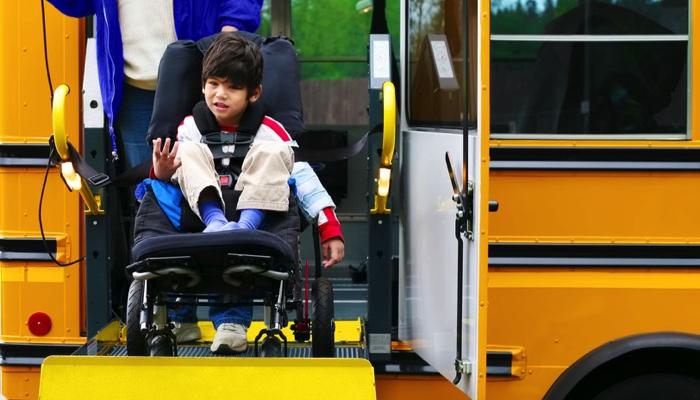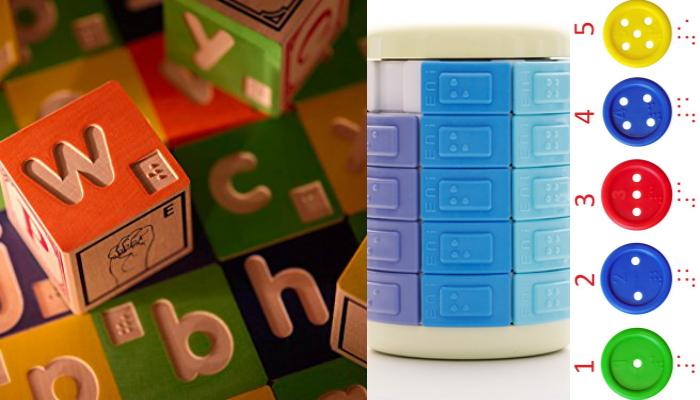Transitioning an Adopted Child to School

Guest Contributor: Ellen Nelson
Edy is originally from Guatemala and we adopted him when he was five years old. Edy has three older siblings who are our biological children. Our oldest daughter first met Edy while volunteering in his orphanage during her gap year, before entering Harvard University.
One by one, we all met Edy and fell in love with this amazing child who is a great gift to our family. Edy attends the Lower School at Perkins School for the Blind. He loves to ride horses, swim, and spend time with his family and friends.
I was recently asked for advice on transitioning an adopted child to school. When should kids begin school? Should they be given a chance to acclimate to their new home before starting school?
Of course, every child and every family is different. In our case, we waited a year, but partly because it took a while to find an appropriate placement for Edy.
If your child is adopted, I would consider how old was your child when adopted? Did he/she come from a foster family situation or an orphanage? How much trauma did he/she experience prior to being adopted? Does your family anticipate major attachment issues? And, is this your child’s first school experience? These are some of the factors I would consider in weighing when and how to introduce your child to school.
Looking back, I can now say that I should have asked for home services prior to placing Edy in a classroom environment, so that he could have had the home and school piece together for awhile, the best of both worlds. I absolutely believe that acclimating to a new home, and more importantly attaching to a new family, should be any family’s first priority. That is also why home services would be valuable, to be able to start services but not interrupt the attachment process.
A gradual transition to a school environment also could be considered (for instance, an hour the first week with a parent present, then a couple of hours 2-3 mornings for a week or more, and build up slowly).
Fear of abandonment is common in adopted children. The first step in a successful transition to school is for an adopted child to learn the concept that parents always come back. You really want to emphasize this: “We go to work and school for a few hours, and then we come home. Home is where you live, school is where you visit, and every day, after school, you will always come home.”
Often an adopted child needs to learn this concept, and be reassured of it time and time again. You should take the lead from your child, slow down if they are overwhelmed and shutting down, speed up if they acclimate more quickly.
If the school district does a psychological evaluation for IEP development, I would strongly suggest parents specifically request a professional with expertise or familiarity with adoption, attachment and trauma issues. Even in the most ideal adoption scenario, there is trauma of a loss of birth parents, foster family, and/or other caregivers prior to adoption, in addition to the stress of adapting to a new culture and, possibly, new language. Also, the different between “dependency” (with its negative connotations) and “attachment” (a positive outcome for an adopted child) should be addressed during the psychological evaluation.
It would be helpful to have a professional who keeps attachment and trauma concerns in mind while working with both the family and the school to guide the transition from home to school. How this transition is done is equally important as when it is done. Parent instincts are usually excellent, but the IEP process might go more smoothly with a professional on board in regard to specific adoption issues.

Related Posts

IEPs
What Should I Bring to My Child’s First IEP Meeting?
Prepare for your child's first IEP meeting with confidence! Discover exactly what documents to bring, including educational records, medical info, and questions to ask.

Braille and Literacy
Making Braille Fun: Introducing Handi Exceller’s Innovative Learning Tools for Blind Students
Handi Exceller was born from a simple idea: learning braille should be both fun and accessible. The company creates interactive and gamified ways to teach braille.

Braille and Literacy, Toys, Visual Impairment
24 Braille Toys for Kids Who are Blind
Everything from alphabet blocks to raised line coloring pages and activity books to puzzles to card and board games... and so much more! And it's all in braille ready for...